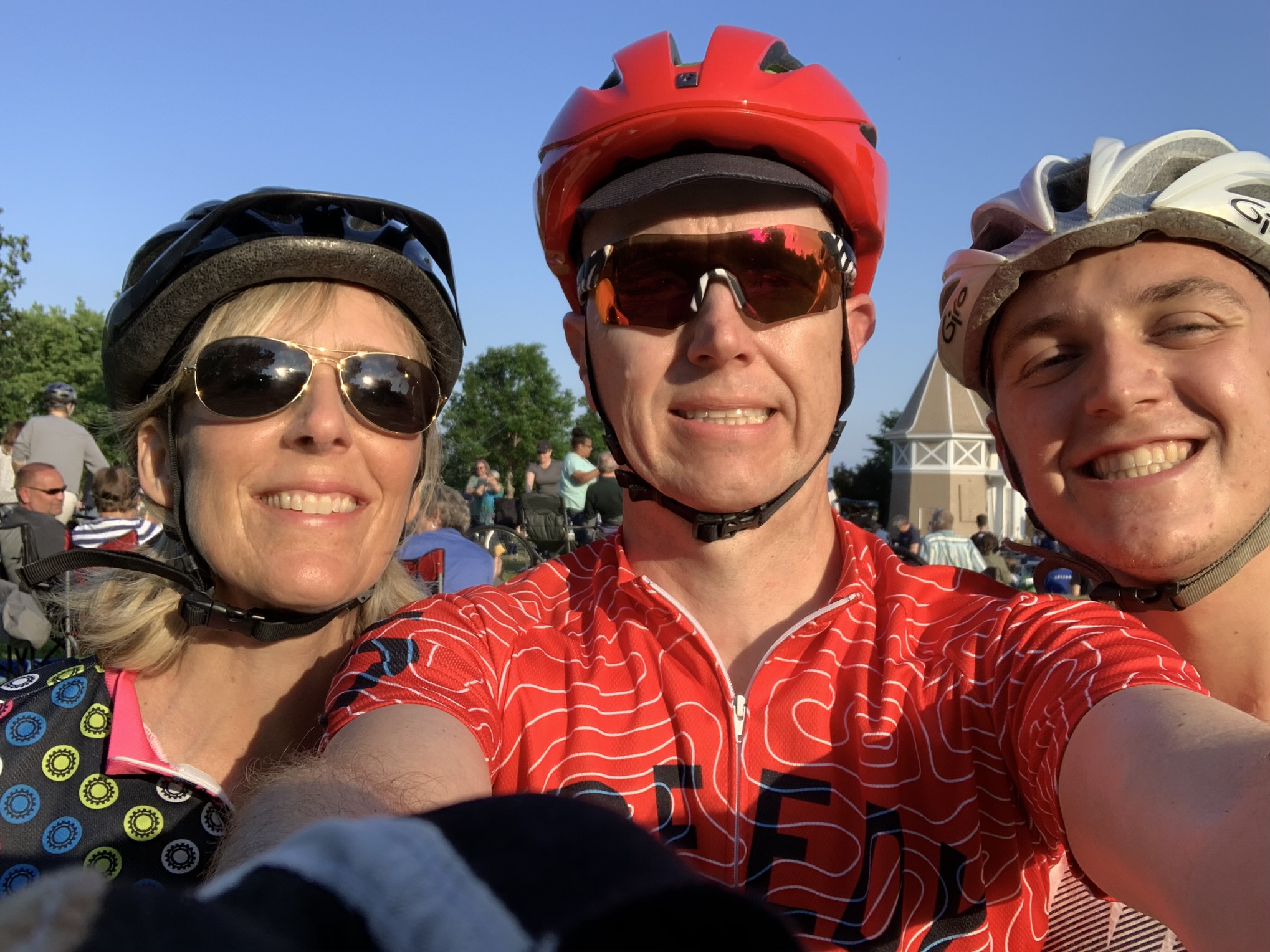We all have some behavior we would like to change. Dr. Tali Sharot highlights 3 keys to successful change that will positively impact how likely we are to create beneficial change.
Brain Freeze!
Most people use warnings and threats to try to motivate themselves and others. She states that it seems like a reasonable assumption, but the science actually shows that warnings and threats on average have very little impact on behavior. We are actually resistant to warnings, because when something scares us we shut down and try to get rid of the negative feelings (i.e. rationalization, “burying your head in the sand”). Research shows whether we are 10 or 80 years old we tend to take in the information we want to hear instead of paying attention to the information we don’t want to hear.
Fear induces inaction
Brain Prefers:
Instead of using warnings about the future, we could go along with our brain’s preferences by focusing on these three principles:
Social Incentives: We are social people and are impacted by the opinion of others. In examples she shares, behaviors were changed by posting the “in the moment” rates of hand-washing compliance by medical staff and the British government making a statement about the high rate of tax-paying-compliance (i.e. 9 of 10 pay their taxes on time). Highlighting what people are doing successfully motivates positive change.
Immediate Rewards: We value rewards we can get now more than the rewards we can get in the future. This is not because we don’t care about the future, this is actually quite rational, we are choosing something that is sure now instead of something that is unsure in the future. Research shows that rewarding people now for what benefits them in the future makes them more likely to change their behavior.
Progress Monitoring: If you are trying to create change highlight the progress not the decline. She shares an example, of getting a teen to stop smoking by talking about their ability to do what they currently love to do (i.e. play football) instead of avoiding an early death.
Our brain is constantly trying to find ways to control our environment, and following these three principles will use what our brain desires to create change.
Thrill of a gain induces action!
learn More Here:
Dr. Tali Sharot is a neuroscientist at University College London and the director of the Affective Brain Lab. She is a faculty member of the department of Experimental Psychology, a Wellcome Trust Fellow, and currently a visiting Professor at Harvard Medical School. Her research focuses on how emotion, motivation, and social factors influence our expectations, decisions, and memories.
Wendy Dellis is a certified wellness coach. She joins years of training and work in the area of behavior change, experience as a fitness instructor and run club coordinator with a passion for adventure and people. She lives in Minnesota with her husband, Jay, and two sons.
A bike ride with a couple of my boys!
The information contained on this page is for general information purposes only. Nothing here should be construed as medical or healthcare advice, but only topics for discussion. No physician-patient relationship exists; please consult your physician before making changes in diet or lifestyle.



